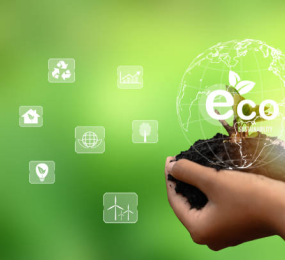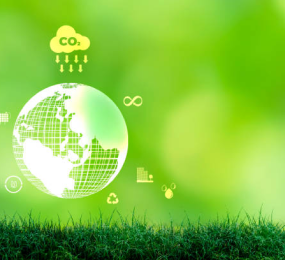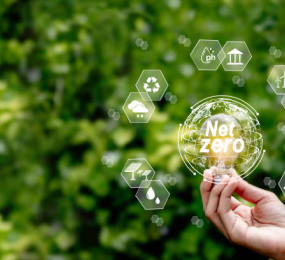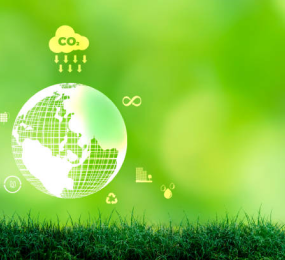The Legal and Ethical Considerations of e-Fuel Development
The development of e-fuels, synthetic fuels produced from renewable energy sources, presents a promising avenue towards decarbonization. However, this technological advancement is accompanied by a complex interplay of legal and ethical considerations.
Legally, the production and utilization of e-fuels necessitate a robust regulatory framework. Issues such as land use, water consumption, and energy grid integration must be addressed. Moreover, intellectual property rights related to e-fuel technologies require careful protection. Environmental regulations, including carbon emissions standards and waste management, are crucial for ensuring the sustainability of e-fuel production.
Ethical concerns also abound. The energy-intensive process of e-fuel production raises questions about resource allocation and potential conflicts with other renewable energy applications. Ensuring equitable access to the benefits of e-fuels, particularly in terms of pricing and distribution, is essential. Additionally, the environmental impact of e-fuel production, including land use changes and biodiversity loss, must be carefully assessed and mitigated.
Ultimately, the successful development and deployment of e-fuels hinge on a delicate balance between technological innovation, legal compliance, and ethical responsibility.
Visit our website to know more: https://www.leadventgrp.com/events/world-e-fuel-summit/details
For more information and group participation, contact us: [email protected]
Leadvent Group - Industry Leading Events for Business Leaders!
www.leadventgrp.com| [email protected]
















